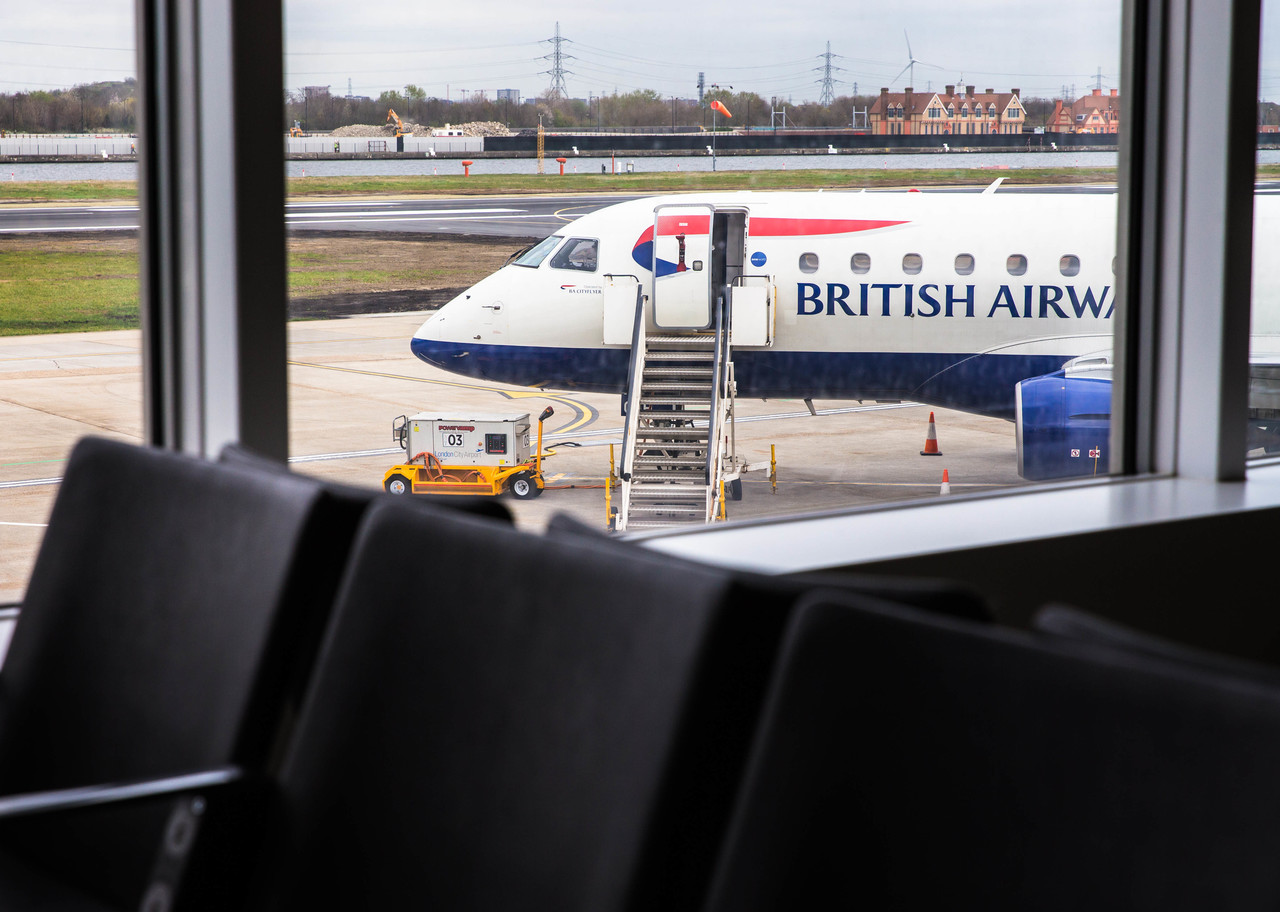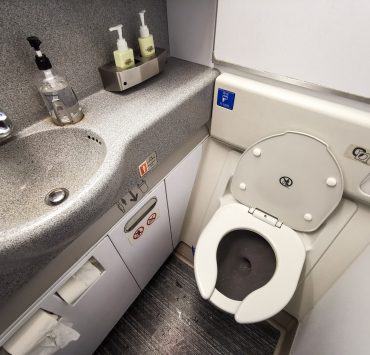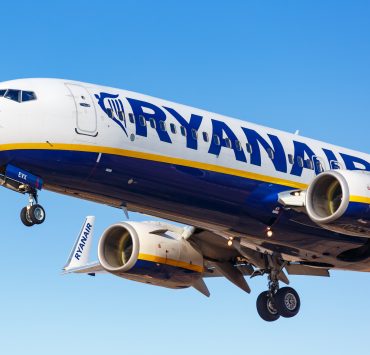
British Airways is to appeal a compensation payout totalling just £440 all the way to the Supreme Court, the highest court in the United Kingdom, in the first test of EU-style air passenger rights adopted by the British government following Brexit.
The case has actually been dragging on way before the UK left the European Union but this will be the first time that British judges get the final say on what constitutes an ‘extraordinary circumstance’ – essentially, the only way that airlines can absolve themselves of blame for a cancellation or delay and therefore avoid paying compensation.
In this case, lawyers acting on behalf of British Airways’ London City regional subsidiary known as CityFlyer initially successfully argued that when a pilot went sick while off-duty and the airline failed to find another pilot to fly the plane it constituted an ‘extraordinary circumstance’.
Compensation was sought by a married couple known as Mr and Mrs Lipton, who had booked a flight with British Airways CityFlyer from Milan to London City all the way back in January 2018.
Unfortunately, the flight was cancelled as a result of the Captain’s unexpected illness, so the couple submitted a claim under the EU’s air passenger rights legislation known as EC/261.
For a flight of this length, the legislation is meant to entitle passengers to compensation of €250 each if the delay in getting passengers to their destination stretches on for more than two and half hours.
Mr and Mrs Lipton were rebooked onto another flight the same day and arrived at London City Airport just over two and half hours later than originally scheduled. They submitted a claim but this was quickly rejected by British Airways.
Undeterred, the couple took their claim to court, but a District Judge sided with British Airways, agreeing that the pilot’s illness was, indeed, an extraordinary circumstance.
The Lipton’s then appealed the verdict to the High Court but were swiftly rebuffed by the judge, who agreed that a pilot going sick downroute really was an extraordinary circumstance.
At this point, most passengers might give up but the Lipton’s gave their bid for compensation one last chance by appealing the case to the Court of Appeals. It was here that the legal system suddenly turned on British Airways in favour of the Lipton’s.
Rather than constituting an extraordinary circumstance, the appeal judges came to the conclusion that employee sickness is a completely normal and everyday occurrence that any company has to deal with.
Whether the pilot started to feel sick outside of work didn’t have any bearing on whether the illness suddenly constituted an extraordinary circumstance and, in any case, how was anyone to know when the pilot first started feeling ill.
In other words, the pilot could have been infected with a cold or the flu or eaten a “suspect prawn sandwich” while at work. It could even be that long working hours contributed to his illness.
British Airways was, however, given leave to appeal the judgement and that’s exactly what the airline did. The Supreme Court has now agreed to hear the appeal and has set the hearing date for February 6.
One of the issues with the ‘extraordinary circumstance’ caveat is that European legislators failed to define what exactly this meant. As a result, the definition has been tussled over in national and EU courts for years.
There’s now a fair bit of case law or what constitutes an extraordinary circumstance, but this Supreme Court hearing will be an opportunity for Britain to define how its amended air passenger rights legislation interprets this important legal term.
Generally speaking, severe weather and acts of terrorism are definitely considered an ‘extraordinary circumstance’, whereas mechanical problems, whether the fault of the airline or not, aren’t.
Mateusz Maszczynski honed his skills as an international flight attendant at the most prominent airline in the Middle East and has been flying throughout the COVID-19 pandemic for a well-known European airline. Matt is passionate about the aviation industry and has become an expert in passenger experience and human-centric stories. Always keeping an ear close to the ground, Matt's industry insights, analysis and news coverage is frequently relied upon by some of the biggest names in journalism.










If the aircraft had gone out of service in Milan due to a mechanical issue, wouldn’t they certainly be entitled to compensation? I don’t see how a crewmember falling ill is any different. I hope the court rules in favor of the passengers.
This could be a big precedan… being ill could be misused by airplane companies. When we were coming back from Corfu, 3h delayed… the pilot said ..sorry the heating system didn’t work… so we needed to repair… when we Complained (via Claim agency) Jet2 claimed that the pilot did not feel well…. so I wish I recorded him saying it was due to mechanical fault… now looking carefully Liptons case as it will effect our claim too…
Onother thing is if the pilot is ill for the first flight in the morning… surely the return flight will be delayed or any other flight linked to the first delayed flight… is this also extraordinary situation….